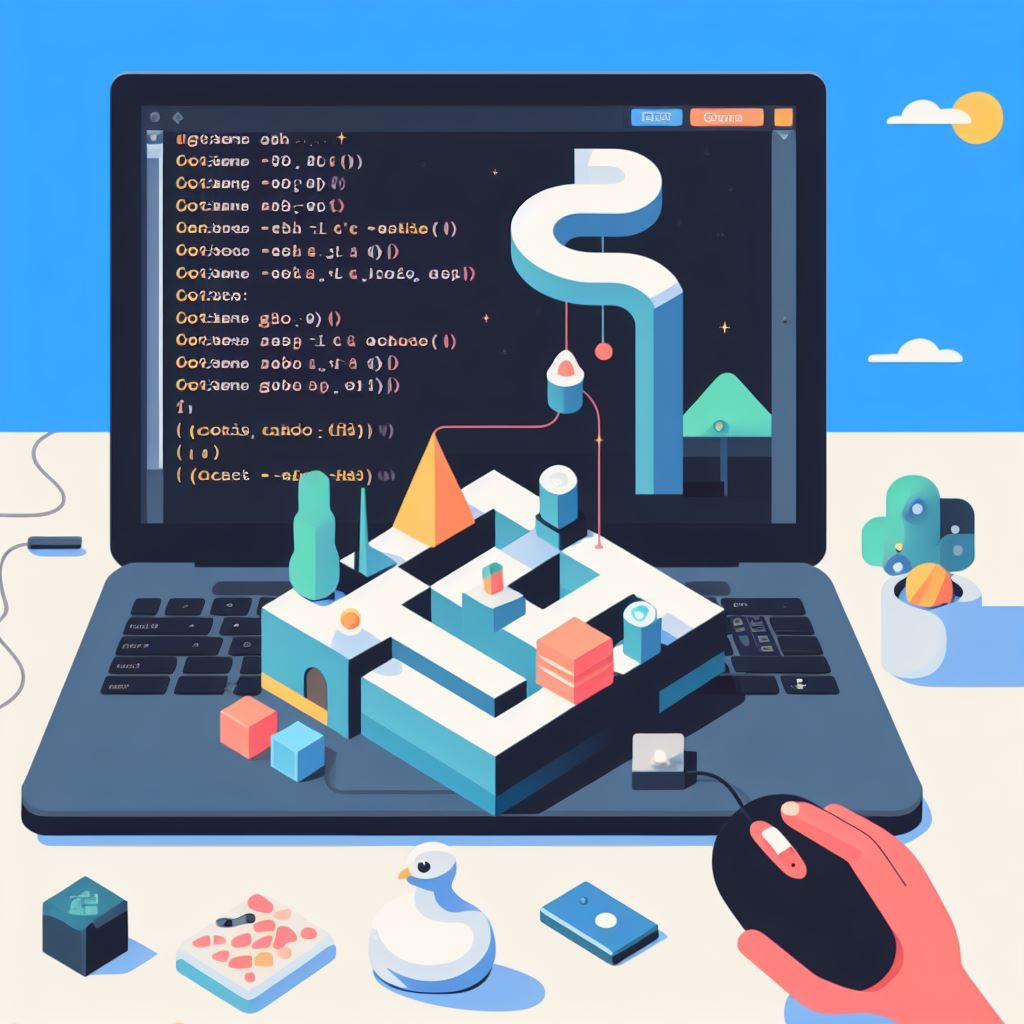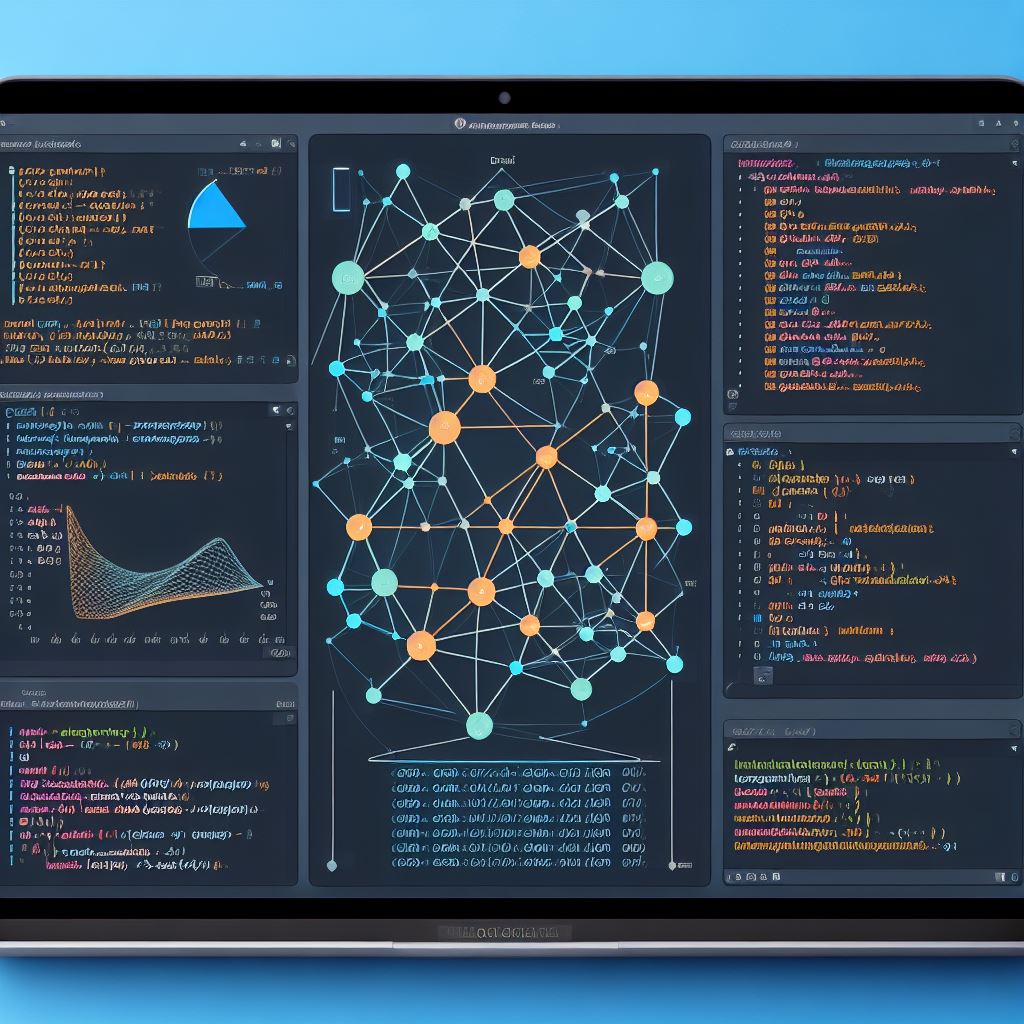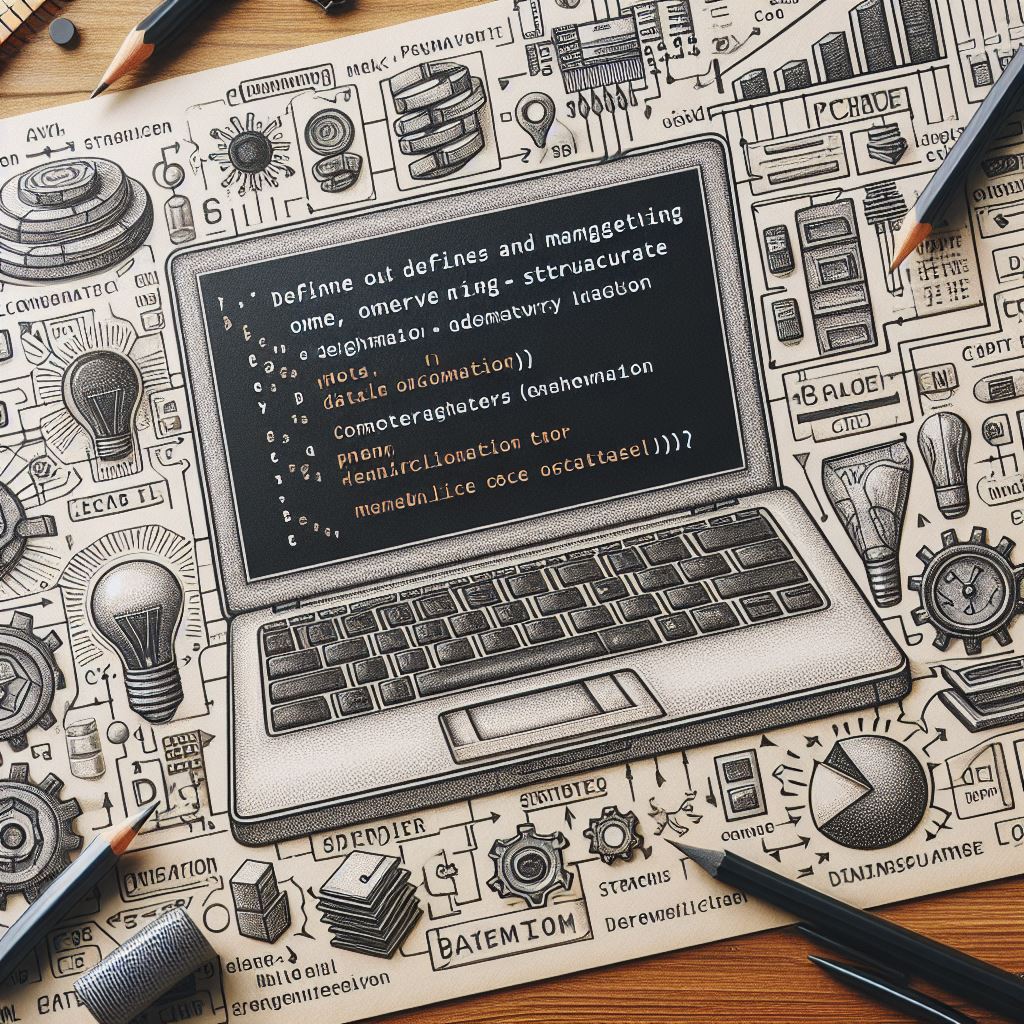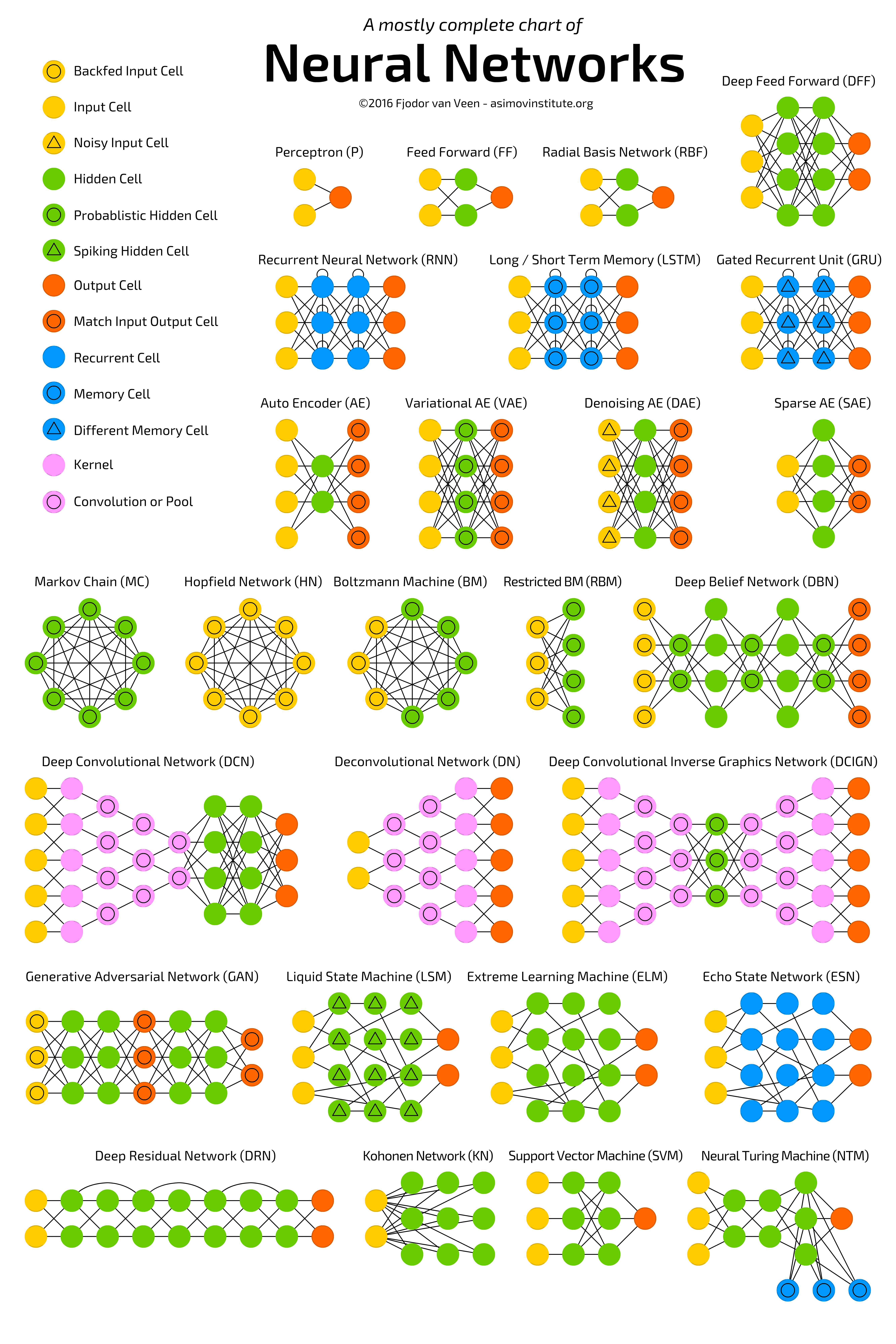Introduction to Exception handling in java and types of Exceptions

In Java, exceptions are objects that represent an abnormal condition or error that occurs during the execution of a program. When an exceptional situation arises, the program creates an exception object and throws it to the runtime system. To handle exceptions in Java effectively, developers need to understand the different types of exceptions in Java, including checked and unchecked exceptions, as well as how to use try-catch blocks to manage and respond to these exceptions and exception handling mechanism in Java
Types of Exception Handling in Java
Java exceptions can be broadly categorized into two types: checked exceptions, unchecked exceptions and error. Checked exceptions are exceptions that are checked at compile time.
Java Exception keywords
Exception handling in Java is based on the principles of try-catch blocks and the throw keyword. The try block contains the code that may throw an exception, while the catch block is used to handle the exception that is thrown within the try block. Additionally, the throw keyword is used to explicitly throw an exception from a method or block of code. By utilizing these fundamental concepts.
Try Block:
The try block contains the code that can throw the exception.
try {
// Code that may throw an exception
}
Catch exceptions Block:
When an exception is thrown in the try block, it is caught and handled in the catch block. You can have multiple catch blocks to handle different types of exceptions.
try {
// Code that may throw an exception
} catch (ExceptionType1 e1) {
// Handle ExceptionType1
} catch (ExceptionType2 e2) {
// Handle ExceptionType2
} catch (Exception e) {
// Handle any other exceptions (parent class Exception)
}
ExceptionType1, ExceptionType2, and Exception are the types of exceptions you want to catch. An exception is the parent class of all exceptions in Java, so it can catch any exception if no more specific catch block is available
Finally Block:
You can use a finally block to generate code that should always run whether an exception is thrown or not. This section is optional.
Try {
// Code that may throw an exception
} catch (Exception Type) {
// Handle Exception Type
} finally {
// Code that always runs, even if an exception is thrown
}
Exception handling in Java with examples
To illustrate the concepts of exception handling in Java, let's consider a practical example. Suppose we have a method that reads data from a file. In this scenario, various exceptions may occur, such as FileNotFoundException or IOException. By using a try-catch block, developers can handle these exceptions gracefully, providing meaningful error messages and taking appropriate actions, such as logging the error or prompting the user to take corrective measures. Additionally, the finally block can be used to ensure that any open resources, such as file streams, are properly closed, regardless of whether an exception is thrown.
In conclusion, mastering Java exception handling is a crucial skill for any Java developer. By understanding the different types of exceptions, mastering the basics of exception handling, and effectively managing both checked and unchecked exceptions, developers can create robust and reliable Java applications that gracefully handle unexpected errors. So, whether you're just starting out or a seasoned developer looking to sharpen your skills.
Happy coding!
Categories
- Artificial Intelligence 4
- Python
- Autocad 1
- News & Events 11
- Tally 1
- Java 1
- Advanced python 1
- Core Python 1
- Digital Marketing 4
- core Java 1
- Cyber Security
- Data Science 2
- AWS 5
- Python 1
- Azure 3
- Microsoft Office 2
- Data Structures & Algorithms 1
- Cyber Security 2
- C Programming 3
- Miscrosoft Office 5
- Blockchain 2
- Adobe Photoshop 4
- Cruise Ship 1
- Summer VacationCourses 1
Trending Posts
-
 What is the significance of digital marketing to building a brand?
06-04-2023
What is the significance of digital marketing to building a brand?
06-04-2023
-
 The Power of generative adversarial networks (GANs)
11-10-2023
The Power of generative adversarial networks (GANs)
11-10-2023
-
 Difference between Manual vs Computerized Accounts
26-10-2023
Difference between Manual vs Computerized Accounts
26-10-2023
-
 Concept of Object-Oriented Programming in java with Examples - oops
26-10-2023
Concept of Object-Oriented Programming in java with Examples - oops
26-10-2023
-
 Importance of Data Visualization in Data Science
27-10-2023
Importance of Data Visualization in Data Science
27-10-2023
-
 Introduction to Exception handling in java and types of Exceptions
01-11-2023
Introduction to Exception handling in java and types of Exceptions
01-11-2023
-
 Difference between Packages and Modules in python
01-11-2023
Difference between Packages and Modules in python
01-11-2023
-
 Workers in India need to be upskilled, reskilled in AI, automation
02-11-2023
Workers in India need to be upskilled, reskilled in AI, automation
02-11-2023
-
 Challenges in equipping job seekers with skills
02-11-2023
Challenges in equipping job seekers with skills
02-11-2023
-
 Control Structures in Python with examples. Condition Statements, loop and Control Flow Statements
04-11-2023
Control Structures in Python with examples. Condition Statements, loop and Control Flow Statements
04-11-2023
-
 Music can help learners improve their skills.
08-11-2023
Music can help learners improve their skills.
08-11-2023
-
 Data Structures And Algorithms In Python - Basic To Advanced Level
18-11-2023
Data Structures And Algorithms In Python - Basic To Advanced Level
18-11-2023
-
 An Introduction to nlp Natural Language Processing
22-11-2023
An Introduction to nlp Natural Language Processing
22-11-2023
-
 internship for computer science students
23-11-2023
internship for computer science students
23-11-2023
-
 The Impact of Predictive Analytics in Healthcare
30-11-2023
The Impact of Predictive Analytics in Healthcare
30-11-2023
-
 Guidelines for Protecting Removable Media
02-12-2023
Guidelines for Protecting Removable Media
02-12-2023
-
 What are Social Engineering Attacks? Common Techniques Used in Social Engineering Attacks
04-12-2023
What are Social Engineering Attacks? Common Techniques Used in Social Engineering Attacks
04-12-2023
-
 Importance of Search Engine Optimization and its Techniques
06-12-2023
Importance of Search Engine Optimization and its Techniques
06-12-2023
-
 Understanding AWS Buckets: The Essential Guide to Cloud Storage
11-12-2023
Understanding AWS Buckets: The Essential Guide to Cloud Storage
11-12-2023
-
 What is sem marketing? search engine marketing
12-12-2023
What is sem marketing? search engine marketing
12-12-2023
-
 What is SMM in Digital Marketing? Social Media Marketing
13-12-2023
What is SMM in Digital Marketing? Social Media Marketing
13-12-2023
-
 A Comprehensive Guide to Ensuring Security with Amazon EC2
15-12-2023
A Comprehensive Guide to Ensuring Security with Amazon EC2
15-12-2023
-
 Understanding Azure Storage Services - A Comprehensive Overview
19-12-2023
Understanding Azure Storage Services - A Comprehensive Overview
19-12-2023
-
 Mastering Azure App Services - Ultimate Toolkit for Success in Your Azure Course in Vizag
21-12-2023
Mastering Azure App Services - Ultimate Toolkit for Success in Your Azure Course in Vizag
21-12-2023
-
 An In-depth Exploration of Arrays in C
27-12-2023
An In-depth Exploration of Arrays in C
27-12-2023
-
 A Journey into AI Projects and Their Transformative Influence on the Contemporary World
27-12-2023
A Journey into AI Projects and Their Transformative Influence on the Contemporary World
27-12-2023
-
 Facebook Ads Webinar
27-12-2023
Facebook Ads Webinar
27-12-2023
-
 pricing models, cost efficiency and resource optimization techniques of Azure App Services
28-12-2023
pricing models, cost efficiency and resource optimization techniques of Azure App Services
28-12-2023
-
 Navigating the Cloud - An In-Depth Amazon VPC Overview
29-12-2023
Navigating the Cloud - An In-Depth Amazon VPC Overview
29-12-2023
-
 Demystifying Cloud Deployment Models: Choosing the Right Strategy for Your Business
30-12-2023
Demystifying Cloud Deployment Models: Choosing the Right Strategy for Your Business
30-12-2023
-
 A Comprehensive Guide to Basic Excel Formulas
01-01-2024
A Comprehensive Guide to Basic Excel Formulas
01-01-2024
-
 Unleashing the Power of Excel Search Functions Stream Data Analysis
02-01-2024
Unleashing the Power of Excel Search Functions Stream Data Analysis
02-01-2024
-
 Mastering Validations in Microsoft Excel: A Comprehensive Guide
03-01-2024
Mastering Validations in Microsoft Excel: A Comprehensive Guide
03-01-2024
-
 Mastering Structures in C: Understanding, Implementation, and Best Practices
04-01-2024
Mastering Structures in C: Understanding, Implementation, and Best Practices
04-01-2024
-
 C Union and benefits of using C unions in programming
05-01-2024
C Union and benefits of using C unions in programming
05-01-2024
-
 What are Microsoft Word Macros and How to Use Them?
08-01-2024
What are Microsoft Word Macros and How to Use Them?
08-01-2024
-
 Making Your Document Look Professional in ms word - Page Layout, Margins, Orientation and Size
10-01-2024
Making Your Document Look Professional in ms word - Page Layout, Margins, Orientation and Size
10-01-2024
-
 The Rise of blockchain Projects: Unveiling the Innovations of Shaping Digital Landscape
11-01-2024
The Rise of blockchain Projects: Unveiling the Innovations of Shaping Digital Landscape
11-01-2024
-
 Comprehensive Guide of Neural Network Architectures
11-01-2024
Comprehensive Guide of Neural Network Architectures
11-01-2024
-
 The Future is Here: How Blockchain Technology is Reshaping Industries and Redefining Trust
12-01-2024
The Future is Here: How Blockchain Technology is Reshaping Industries and Redefining Trust
12-01-2024
-
 powerpoint presentation-Page Transitions: Enhancing Navigation and User Experience
17-01-2024
powerpoint presentation-Page Transitions: Enhancing Navigation and User Experience
17-01-2024
-
 Exploring the Power of Multimedia in PowerPoint Presentations
18-01-2024
Exploring the Power of Multimedia in PowerPoint Presentations
18-01-2024
-
 Mastering Photoshop Layers: A Comprehensive Guide to Professional Results
19-01-2024
Mastering Photoshop Layers: A Comprehensive Guide to Professional Results
19-01-2024
-
 Enhance Your Photoshop Skills with Expert Selection Techniques
20-01-2024
Enhance Your Photoshop Skills with Expert Selection Techniques
20-01-2024
-
 Life and Work on a Cruise Ship - What to Expect?
22-01-2024
Life and Work on a Cruise Ship - What to Expect?
22-01-2024
-
 Mastering Photoshop Masks: A Step-by-Step Guide to Enhance Your Photo Editing Skills
23-01-2024
Mastering Photoshop Masks: A Step-by-Step Guide to Enhance Your Photo Editing Skills
23-01-2024
-
 Enhance Your Digital Artistry with the Top Photoshop Brushes for Every Style and Project
27-01-2024
Enhance Your Digital Artistry with the Top Photoshop Brushes for Every Style and Project
27-01-2024
-
 The reason behind the success of Milan 2024
26-02-2024
The reason behind the success of Milan 2024
26-02-2024
-
 Visakhapatnam is witnessing comprehensive growth across all sectors!
06-03-2024
Visakhapatnam is witnessing comprehensive growth across all sectors!
06-03-2024
-
 Vizag's Journey Towards Becoming a Global IT Destination
12-03-2024
Vizag's Journey Towards Becoming a Global IT Destination
12-03-2024
-
 the best software courses after the 10th/Intermediate exams for Students
02-04-2024
the best software courses after the 10th/Intermediate exams for Students
02-04-2024
-
 2024's Tech Frontier: A Deep Dive into Software Development Trends
16-04-2024
2024's Tech Frontier: A Deep Dive into Software Development Trends
16-04-2024
-
 4 Important benefits for Continuous Learning in Tech
07-05-2024
4 Important benefits for Continuous Learning in Tech
07-05-2024
-
 A Beginner's Guide to AWS, Azure, and Google Cloud Platform
14-05-2024
A Beginner's Guide to AWS, Azure, and Google Cloud Platform
14-05-2024
-
 Why Full Stack Python is a Must-Learn Skill for Aspiring Developers?
12-09-2024
Why Full Stack Python is a Must-Learn Skill for Aspiring Developers?
12-09-2024
-
 What’s Next? The Future of Asteroid Tracking with IT
16-09-2024
What’s Next? The Future of Asteroid Tracking with IT
16-09-2024
-
 Learn AutoCAD 2D Mechanical Drawing with Our Comprehensive CAD Software Course
19-09-2024
Learn AutoCAD 2D Mechanical Drawing with Our Comprehensive CAD Software Course
19-09-2024